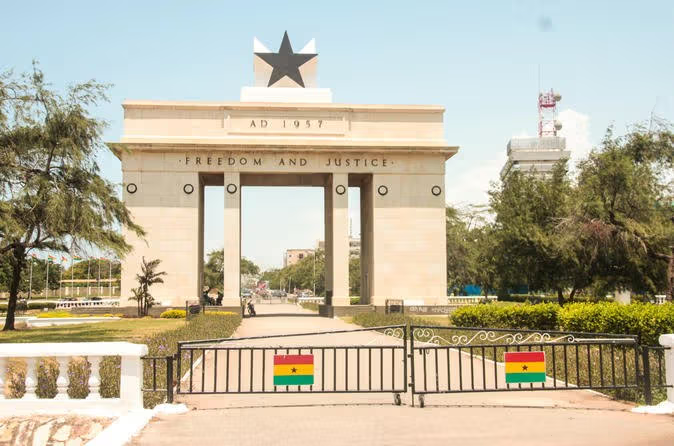High Court of Ghana Prevents Planned Protest in Accra, Reopens Debate on Democratic Freedoms

A high court in Ghana issued an order blocking a protest that was to take place in the capital city, Accra, a move that has attracted intense debate and criticism. The demonstration, slated to start from July 31 to August 6, was being organized by civil society groups over a range of key issues the country is grappling with.
They want to expose issues such as general corruption in the government and public institutions, high living costs, and other economic challenges they say most Ghanaians are being confronted with. The protesters were also angered by the delay in the signing into law of the anti-LGBT bill.
The High Court Justice Abena Afia Serwaa presided over an application by the Ghana police to ban the protest over a lack of security personnel on Thursday at dawn. According to the police, most officers were already deployed at political rallies amid election campaigning and thus could not provide enough security for the protest.
The ruling of the court has been sharply criticized by organizers of the protest, in collaboration with other civil societies. According to them, it stifles public discourse and forbids the citizens from exercising their right of peaceful assembly. One of the organizers of the protest, Mensah Thompson, has said that elections should not be used for excuses to block citizens from exercising their democratic rights.
“Young people are ready to demonstrate with or without authority approval,” said Thompson. “A time will come when they, all of a sudden, jump to the streets, and we will have a ‘Kenya’ at hand.”
The mention of Kenya is not isolated from similar protests rocking other African countries such as Kenya, Uganda, and Nigeria. In Kenya, mass protests against proposed tax increases by President William Ruto have been met with deadly violence leading to the deaths of over 50 people and hundreds of arrests. In Uganda, mass protests over alleged corruption demanding the resignation of the parliament speaker resulted in over 70 arrests.
Critics, however, indicate that the decision to ban the protest is a direct affront to democratic tenets such as freedom of speech and peaceful demonstration, arguing that the right to protest is literally captured in the Constitution of Ghana and a very important way of holding those in power to account.
What is happening in Ghana only mirrors what is happening across the continent in Africa. A lot of countries on the continent are going through problems that will prevent them from attaining economic stability and democratic governance, hence causing general discontent among citizens.
What is very clear, as the debate over the court’s decision rages on, is the fact that the will toward democratic rights and freedoms shall not be easily muzzled. The people of Ghana, just like in the rest of Africa, will yearn for their rights and freedoms and make those at the helm accountable.







